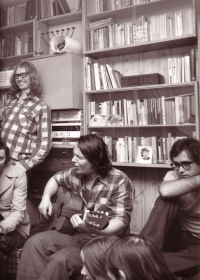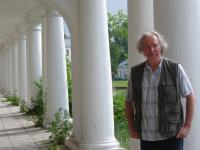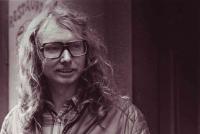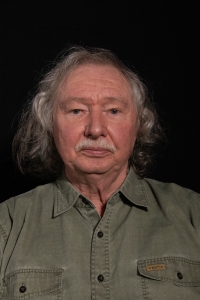The Prague Spring was the time when history began to move
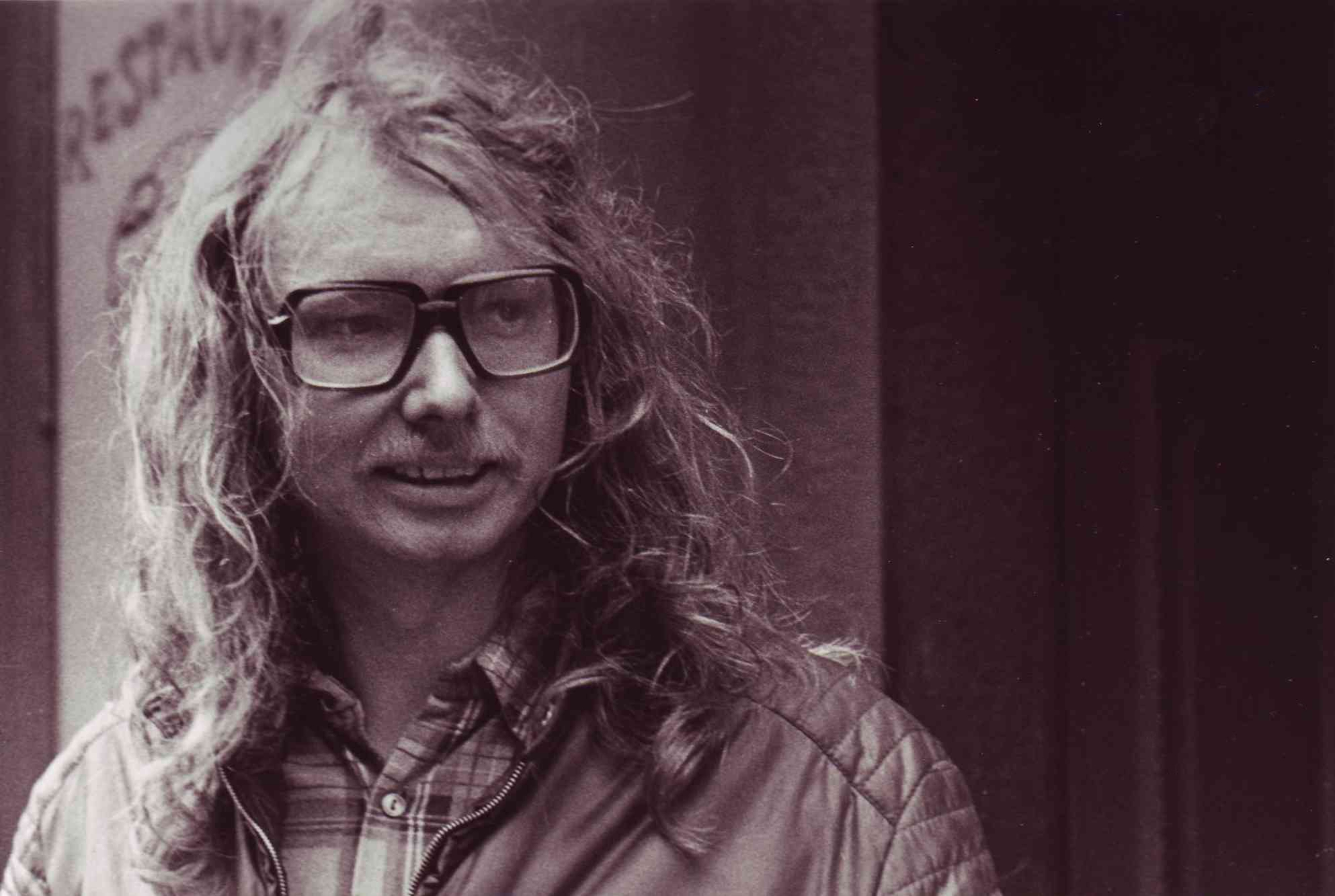
Download image
Jaroslav Suk was born on 27 December 1948 in Louny into a family of left-wing journalists. His father, Jindřich Suk, worked at the Ministry of the Interior, and then, like his mother, Věra, née Černá, at the Czechoslovak Press Agency (ČTK). In 1963, the family left for a working stay in Moscow. There, their apartment became a meeting place for Soviet artists and intellectuals. Jaroslav Suk travelled around the Soviet Union and wrote articles on cosmonautics. He entered the journalism faculty in Moscow, but returned to Prague in the autumn of 1967 and transferred to the Faculty of Arts of Charles University (FF UK). He became involved in student activities during the Prague Spring. The invasion of Czechoslovakia by Warsaw Pact troops in August 1968 found him with a student delegation in Israel. On his return he organised a student strike and in December 1968 co-founded the unofficial left-wing Revolutionary Youth Movement (HRM). In 1970 he was arrested with other HRM members and sentenced to two years in prison, from which he was released in November 1971. He and his wife Dagmar founded the publishing house of samizdat and exile literature Krtek and Datel in 1974 and collaborated with Charter 77. In 1981 he was forced to leave the republic by pressure from State Security as part of the Asanace action. They continued to support the activities of the Committee for the Defence of the Unjustly Prosecuted and the importation of printed materials into the Czechoslovak Republic. In 2023 Jaroslav Suk was living in Uppsala, Sweden.
